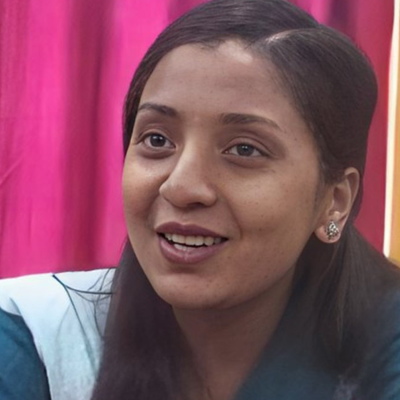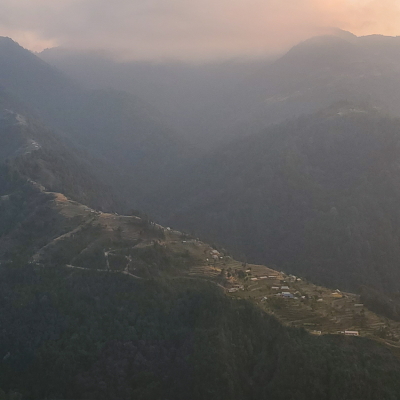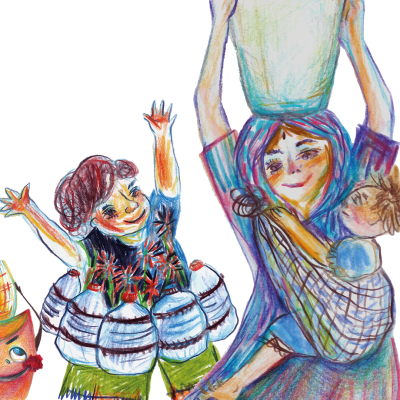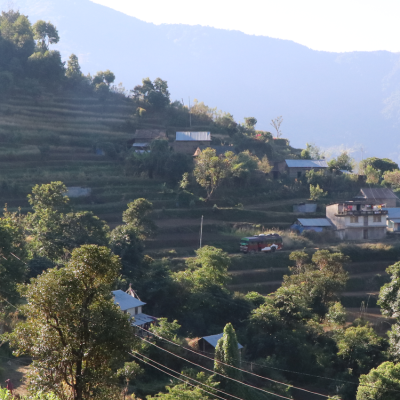Written by Samuel Chiu
“If you, Israel, will return,
then return to me,”
declares the Lord.
“If you put your detestable idols out of my sight
and no longer go astray,and if in a truthful, just and righteous way
you swear, ‘As surely as the Lord lives,’
then the nations will invoke blessings by him
and in him they will boast.”This is what the Lord says to the people of Judah and to Jerusalem:
“Break up your unplowed ground
and do not sow among thorns.Jeremiah 4:1-3
Among the environmental news from 2019 to 2020, the forest fires in the United States, Australia and Europe were the most striking. The scope of the fires was unprecedentedly widespread. The frightening scenes had been widely covered by the media. Severe forest fires in Siberia in northern Asia have continued, and forest fires have occurred along the borders of Lebanon, Syria, and Turkey. Although the relevant disasters and long-term impacts are far more serious and far-reaching than those in the United States and Australia, there were only sporadic reports that completely failed to attract the great attention they deserved. Similarly, in 2020, the wind disasters in the southern United States or the rare floods in the border areas between France and Italy, are far more severe than the disasters in the Philippines, Bangladesh or Mozambique in East Africa, have attracted more public attention. However, climate injustice is not simply a gap in news attention.
In fact, the consequences of increasingly severe disasters – from droughts, famines, floods and forest fires – due to climate change are more devastating for people in poor countries than for those in developed countries. This is not only due to the geographical distribution of disasters, which until now have been more concentrated over a wide area near the equator, but also to the fact that poorer countries lack infrastructure, emergency resources, and rescue and support systems. People in developed areas are more likely to be covered by insurance, and even if the supply and prices of food and essential commodities are temporarily affected, they have spare capacity and financial resources to cope. Poorer countries lack such protection. In fact, the injustice caused by the gap between the rich and the poor is also present in developed countries.
This time, the scripture describes a terrible drought that even water is not available in Judah, and the situation is so miserable. I wonder if we are in a relatively well-protected and secure area, where water can be diverted from neighbouring regions in times of shortage and where we can choose from a variety of sources of food supply without worry. Can we understand the situation of the poor who have no choice at all in the event of a disaster?
Let’s Think
As we look at disasters and human suffering, how can we reflect on our personal responsibility and that of our communities, cities and countries? What can we do to provide support in times of suffering?
Editor’s note: You can download more devotional articles on the poor and the church in our app (Chinese only). Download the app now.
ARTICLES OF THIS ISSUE
Written by: Ness Ma (Communications Officer) My colleagues and I had a trip to Nepal. We met our partner (Samari Uttha…
Written by Ness Ma (Communications Officer) In November 2022, the 27th session of the Conference of the Parties of the…
Previous Next children living in disasters Floods, droughts, heatwaves… as adults struggle with different natural disa…
Written by Samuel Chiu “If you, Israel, will return, then return to me,”declares the Lord.“If you put your detestab…






